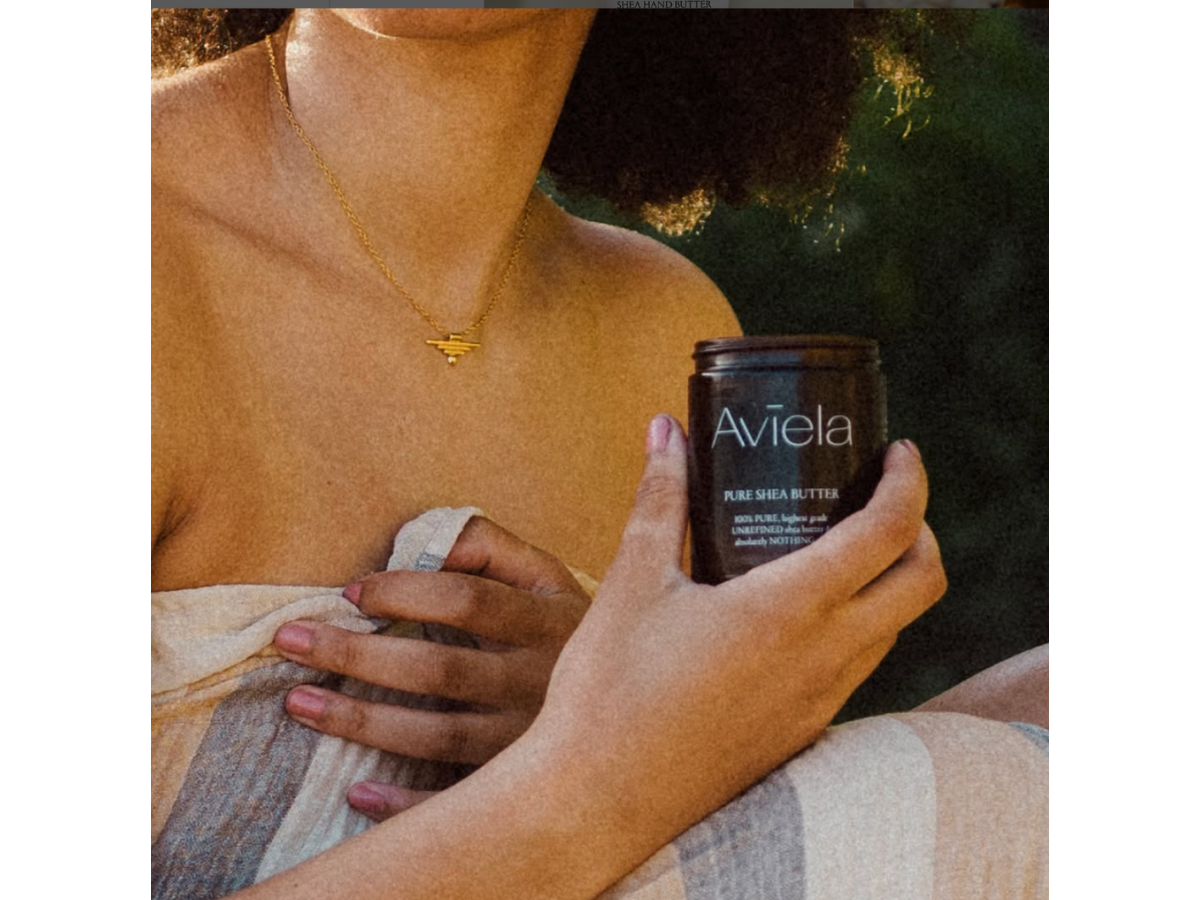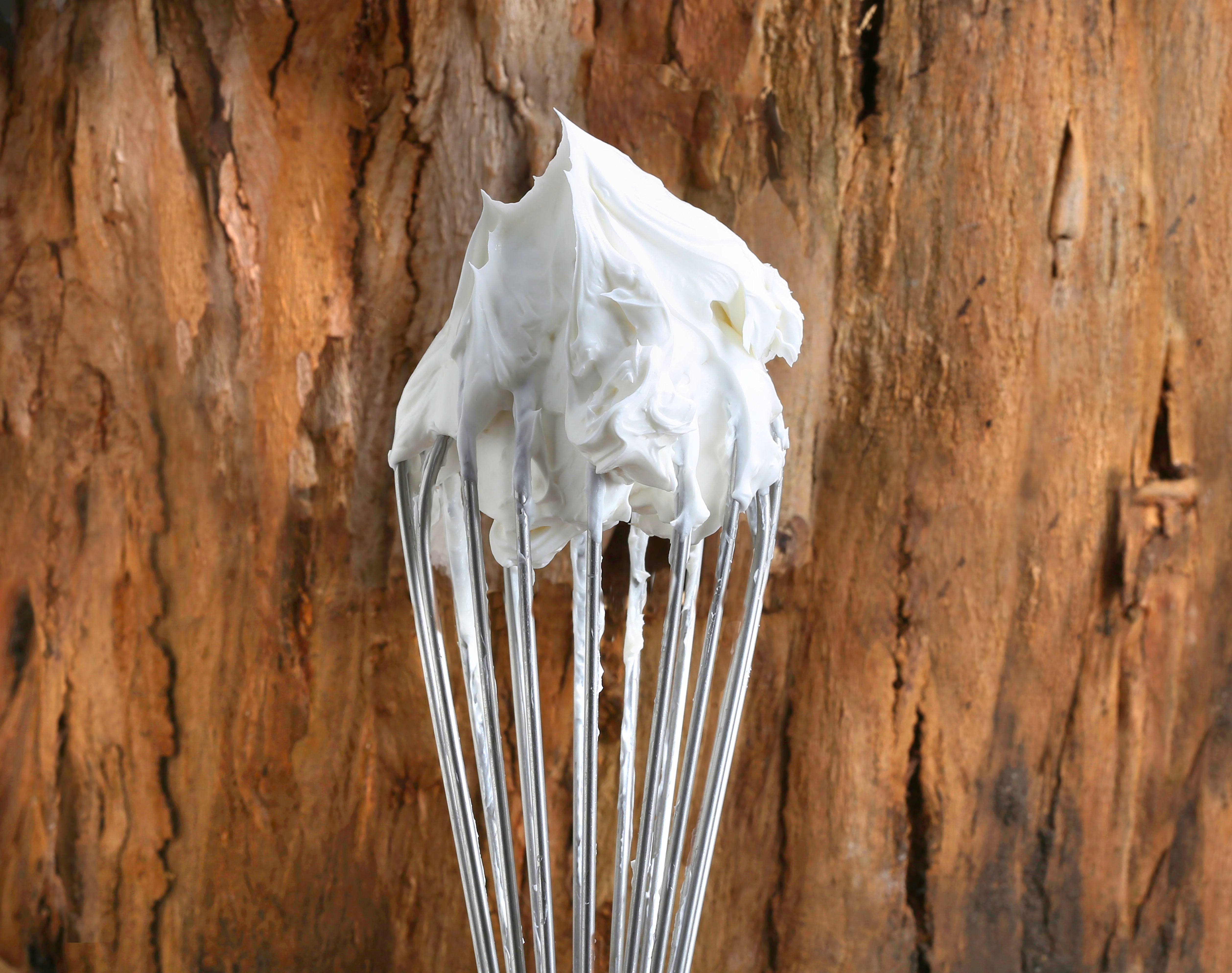
Beyond Moisturising: The Anti-Inflammatory Power of Shea Butter for Sensitive Skin
A Simple Solution To Sensitive Skin
Sensitive skin can be a challenge for people who suffer from it. Many with sensitive skin feel trapped in a frustrating cycle—whatever they put on their skin either sting, doesn’t last long to keep the skin hydrated and some leads to inflammation on the skin.
Skin inflammation is the body’s natural defense response to stressors such as irritants, allergens, or environmental changes, but when it becomes prolonged or excessive it disrupts the skin barrier and leads to conditions such as eczema, rosacea, and psoriasis.
For people who suffer with sensitive skin, choosing the right product to use is a struggle and can be confusing to know what’s safe and effective. A recent laboratory test has focused on the anti – inflammatory effects of unrefined shea butter on skin barrier function, hydration, and inflammation. Investigation of the in vitro effects of shea butter in skin barrier function and hydration using analytical chemistry methodologies' by Adedji Sunday Asher, Aliyu Abdullahi Angara, and Abdulwasiu Salahudeen Olawale, they found using shea butter can be a simple yet effective solution for sensitive skin conditions.

What Is Sensitive Skin
Sensitive skin is a skin type that reacts more strongly than normal to everyday triggers such as weather changes, skincare products, or even plain water. The reason is usually as result of a weakened skin barrier — the protective skin layer that keeps moisture in the skin to hydrate the skin and prevents harmful substances from getting into the skin.
When this barrier is weak, two things usually happen:
-
The skin loses water too quickly, leaving it dehydrated and fragile.
-
Irritants and allergens get in more easily, reaching the deeper layers of the skin which leads to skin inflammation
Usually when skin is inflamed there is an increase in blood flow in the inflamed area which causes the skin to become red, feels hot, itches or stings. If this cycle repeats often, the skin stays in a constant state of inflammation due to a prolonged period of the skin barrier being weakened. Over time this make it even harder for the barrier to repair itself, so the skin becomes caught in a loop which starts with sensitivity, then barrier damage, then inflammation that results in more sensitivity.
Anti-Inflammatory Power of Shea Butter
Research by Adedeji et al. (2025) found that unrefined shea butter reduced transepidermal water loss (TEWL) by 37.8% and increased hydration by 58% within 24 hours, confirming its barrier-restoring action. Transepidermal Water Loss (TEWL) is how much water escapes from the skin's surface. When the barrier is healthy, TEWL is low, but when it's weak, water is lost too quickly - leaving skin dry, fragile and more reactive. What makes anti-inflammatory shea butter so effective is its unique chemical structure. Unlike many natural oils that only trap water in the skin, unrefined shea butter also contains bioactive compounds that directly act on the processes that cause irritation and redness like:
-
Triterpene alcohols (lupeol, amyrin, butyrospermol) - These plant compounds block key enzymes in the skin (COX and LOX) that are responsible for producing inflammatory molecules. By stopping this chain reaction early, they help reduce redness, swelling and itching before it escalates into a flare-up.
-
Tocopherols (Vitamin E) - These act as antioxidants, meaning they neutralise unstable molecules (free radicals) that trigger oxidative stress in the skin. Oxidative stress not only accelerates aging but also fuels inflammation. By calming this stress and stabilising cell membranes, tocopherols allow skin to recover instead of staying in an inflamed state
Fatty acids -
-
-
Oleic acid (43.2%) softens skin and improves penetration of these active compounds into deeper layers, ensuring they reach where they are needed
-
Stearic acid (24.5%) strengthens the lipid barrier so that irritants have a harder time getting in.
-
Linoleic acid (8.4%) is an essential fatty acid that plays a direct role in regulating inflammation and repairing damaged cell membranes.
-
Together, this mix can help with irritation at the molecular level while also rebuilding the barrier, so the skin becomes less reactive over time. This dual action is why shea butter is especially powerful for people dealing with flare-prone, sensitive skin.
Shea Butter Is A Solution For Sensitive Skin
Sensitive skin often doesn’t exist in isolation — it plays a central role in several chronic skin conditions. Eczema, rosacea, and psoriasis are among the most common issues faced by people with sensitive skin. Each of these conditions is driven or worsened by inflammation and a weakened barrier, which is why they flare so easily. Understanding how they develop helps explain why anti-inflammatory shea butter is a useful option is for managing them.
Eczema
Eczema (atopic dermatitis) is driven by barrier weakness and inflammation. Skin loses hydration quickly, becomes cracked and triggers an immune overreaction. The anti-inflammatory compounds in shea butter calms the flare-ups, while its fatty acids restore the barrier and reduce TEWL. A study published in the Journal of Allergy and Clinical Immunology (2018) highlighted that linoleic acid, abundant in shea butter, plays a role in repairing defective skin barriers in eczema patients. Aviela Pure Butter uses high grade of shea butter, ensuring that anti-inflammatory compounds are not comprised to help with eczema prone skin.
Rosacea
Rosacea is a chronic condition marked by facial redness, flushing, and visible blood vessels. It happens when blood vessels and the skin’s inflammatory response become overactive, often triggered by sun, stress, alcohol, or spicy foods. Shea butter’s anti-inflammatory compounds help calm this process. Triterpene alcohols reduce redness and swelling by blocking inflammatory enzymes, while tocopherols (vitamin E) neutralise free radicals that worsen flare-ups. With its light weight textures and effective barrier-strengthening fatty acids found in unrefined Shea butter, Aviela Pure Shea Butter can work as a gentle shea butter cream for your face to ease rosacea discomfort.
Psoriasis
Psoriasis is an autoimmune condition where inflammation drives rapid skin cell turnover, leading to scaly, inflamed patches. While shea butter doesn’t cure psoriasis, its anti-inflammatory action can reduce discomfort, itching, and redness, while its occlusive fatty acids keep skin supple. Research in Clinical, Cosmetic and Investigational Dermatology (2019) confirmed that emollients rich in fatty acids for instance found in Aviela Shea Butter Products, can improve psoriasis outcomes when used alongside medical treatments.

How Sourcing Shea Butter Can Affect Sensitive Skin
For sensitive skin, the difference between refined and unrefined shea butter is critical.
Unrefined shea butter retains its full unsaponifiable fraction - the powerful part of the butter that holds triterpene alcohols, tocopherols (Vitamin E), and essential fatty acids. These compounds are what make anti-inflammatory shea butter so effective: they calm irritation, reduce redness, restore the skin barrier, and help lock in hydration. For people with sensitivity, this is vital because a weakened barrier and ongoing inflammation are at the root of most flare-ups.
Refined shea butter, however, undergoes heavy processing with heat and chemicals that strip away much of these active compounds. What remains can still moisturise the skin on a surface level, but it no longer carries the same barrier-repairing or anti-inflammatory benefits. In short, refined butter may feel smooth, but it cannot properly support skin struggles with sensitivity, dryness or inflammation.
Unrefined Shea Butter has a natural ivory-to-yellow colour, and a subtle, nutty scent that reflects its pure, natural origins. This is typically used in Aviela Pure Shea Butter products which are ethically sourced, and is especially effective for sensitive skin. It preserves the full therapeutic profile, making it a trusted choice for calming and protecting delicate skin.
Restoring Balance With Shea Butter
Sensitive skin can be frustating - dryness, redness and irritation often leaves people unsure of what products to trust. But the science behind anti-inflammatory shea butter shows it offers more than surface-level relief. Its triterpenes, tocopherols, and fatty acids work at the molecular level to calm inflammation, strengthen the barrier and restore balance to skin that reacts too easily.
Unrefined Shea Butter in particular is powerful not just for sensitive skin, but also for dry and mature skin where the barrier is weakened. By holding in hydration, protecting against irritants, and defending against oxidative stress, it helps skin stay resilient, smoother, and more comfortable
With Aviela's range - from Pure Shea Butter for deep nourishment to Shea Body Lotion for light, everyday hydration - you can confidently care for your body, even if you have sensitive skin.


